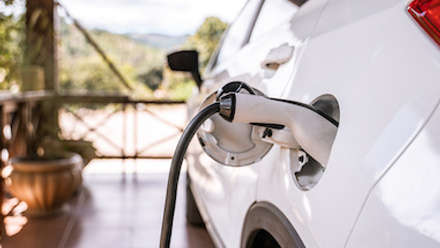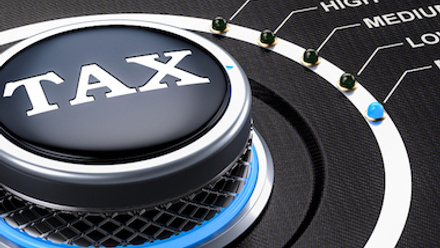Salary sacrifice - confused you will be?

Transitional rules
HMRC have given us the transitional arrangements which state that if an employee has a salary sacrifice arrangement in place pre 6th April 2017, they have until 5th April 2021 under the current rules, unless they alter the agreement. So when is it considered that an agreement is in place?
For example:
If a car is selected under a salary sacrifice arrangement in March 2017 it may not be delivered for three months, at which point the reduction in salary occurs. A contract variation may have been agreed in March but, strictly speaking, the contract is varied three months later.
If one novates their car to a new employer, with no change to the agreement of the amount of salary sacrificed, will it fall under the new regime?
If a TUPE employee novates, then what happens?
It is also worth noting that since salary sacrifice agreements (variation of contracts) fall under employment law, will it be down to HMRC to decide when an agreement is in place, or will it based on contract law? Can HMRC contradict the contract law position?
Changes
The changes mean that when salary is sacrificed for a car then the tax will apply to the sacrificed amount if higher than the reported P11D value, which it generally is. This removes any employee Income Tax advantage and employer National Insurance (NI) advantage on the difference between the amount sacrificed and the benefit in kind value.
If the car is provided as a core benefit (without a sacrifice agreement) there is no change to the current advantage, however the P11D cost is increasing for cars that are not ultra-low emission – though not until 2020. This gives time to move to ultra-low emission cars and we suspect the car industry will start to move in this direction.
Car/cash allowances
If you offer company cars or car/cash allowances to employees, the new rules will apply unless you restrict the allowance so it is not exchangeable for cash. The issue may also arise if you allow trading up on your cars, as the amount above the car grade amount may be seen as a salary sacrifice and subject to new rules.
Since this would only possibly occur every two to three years, or even four years, it may be that it could be considered as packaging of salary rather than sacrifice. This would need to be tested.
Action plan
- Take professional advice on how it affects your scheme.
- Consider changing the cars on offer for the future.
- Review the ability to receive cash as an allowance.
- Look at reviewing, trading up and/or testing with HMRC if affected.
Where you allow reconstruction (an adjustment of mileage or period) review, any that may need to do this should be done pre 6 April 2017 to ensure they are not caught out by the new rules.
Anyone due to get an improved car/cash allowance after 6 April should be reviewed to see if they should have one now to avoid the new rules.
Ensure communication to employees is of high quality, irrespective of whether you need to make any changes to your benefit strategy.
This article was provided by Mazars.






